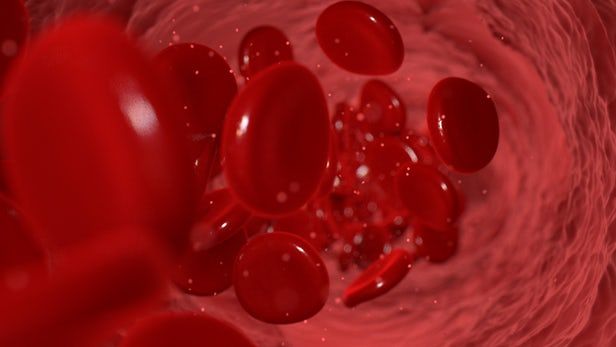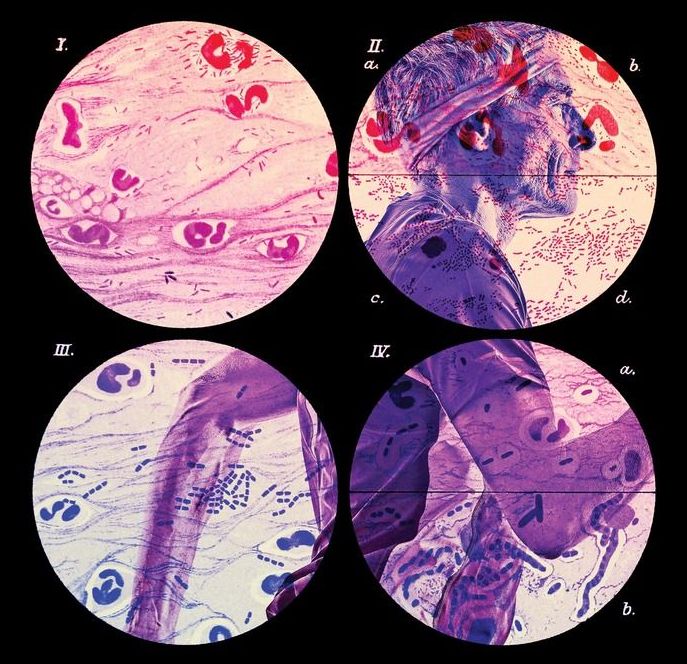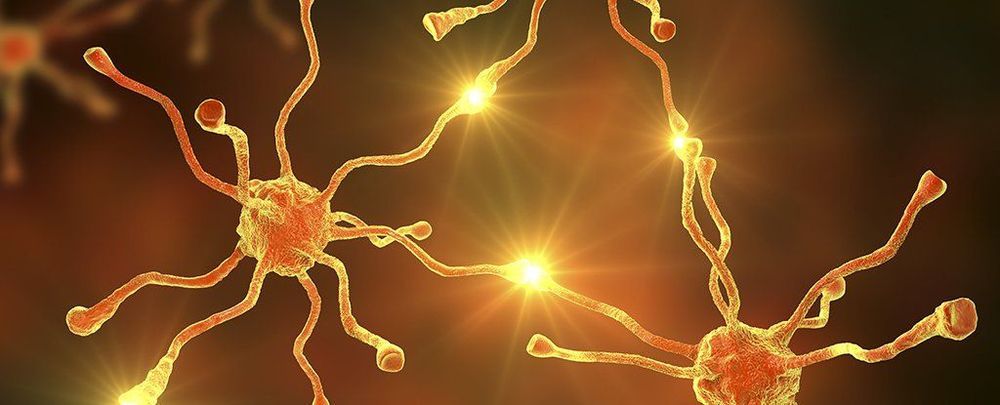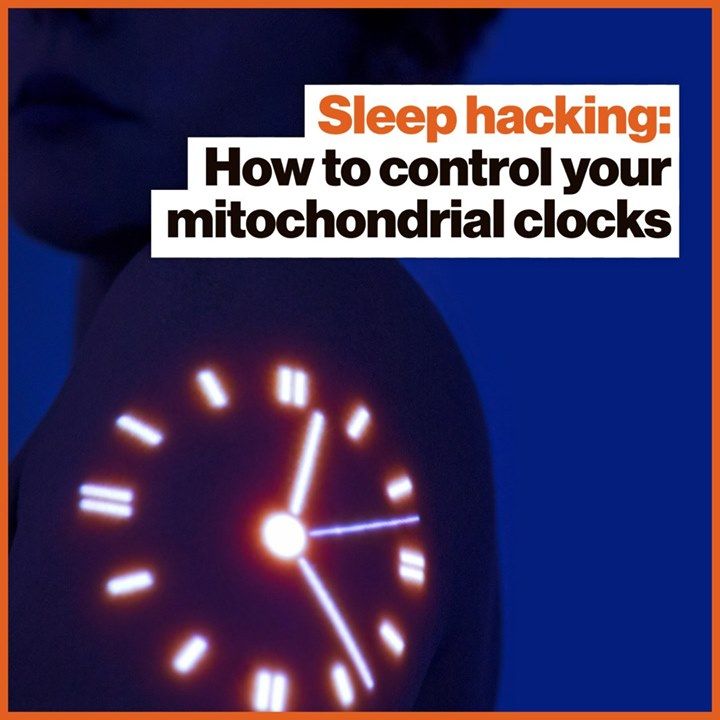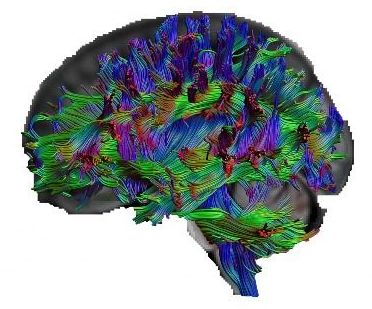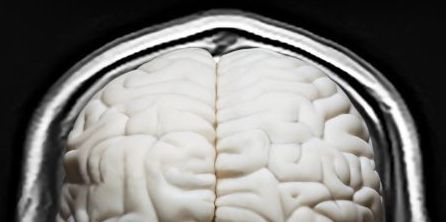“Over the past 50 years [America has] gone from institutionalizing people with mental illnesses, often in subhuman conditions, [in state mental health hospitals] to incarcerating them at unprecedented and appalling rates—putting recovery out of reach for millions of Americans […] On any given day, between 300,000 and 400,000 people with mental illnesses are incarcerated in jails and prisons across the United States, and more than 500,000 people with mental illnesses are under correctional control in the community.” [1] Mental Health America (MHA) supports effective, accessible mental health treatment for all people who need it who are confined in adult or juvenile correctional facilities or under correctional control. People with mental health and substance use conditions also need an effective classification system to protect vulnerable prisoners and preserve their human rights. [2] Notwithstanding their loss of their liberty, prisoners with mental health and substance use conditions retain all other rights, and these must be zealously defended.
Background
In the past decade, America has been locking up increasing numbers of individuals with mental health conditions. [3] MHA is both concerned by and opposed to the increasing use of criminal sanctions and incarceration, replacing the state mental hospitals with much more drastic curtailment of personal liberty and preclusion of community integration and community-based treatment. [4] Prisoners with mental health conditions are especially vulnerable to the difficult and sometimes deplorable conditions that prevail in jails, prisons, and other correctional facilities. Overcrowding often contributes to inadequacy of mental health services and to ineffective classification and separation of prisoner classes. It can both increase vulnerability and exacerbate mental illnesses. For these and other reasons, MHA supports maximum reasonable diversion. [5].
